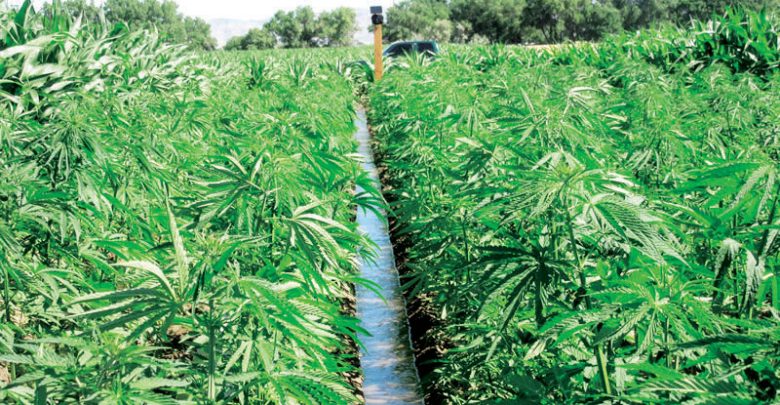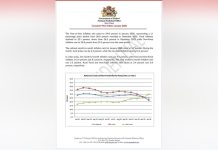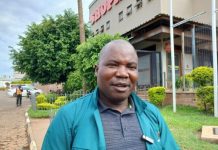Africa-Press – Malawi. A debate has re-ensued among economists and agricultural experts over the government’s stance on production and license fees for industrial hemp in the country. Last year, in a notice the government outlined fees structures for production and licence contained in the Cannabis Regulations Act.
The Act provides that application fees for medicinal and industrial hemp licences are pegged at $1,000 (about K800,000 at the current exchange rate) and $500 (about K400,000), respectively.
Licence fee to cultivate, process and sell medicinal cannabis is at $10, 000 (about K8 million) while licence to process industrial hemp is $5, 000 (about K4 million) whereas that for cultivating and selling industrial hemp is at $2,000 (about K1.6 million).
This attracted mixed reactions from stakeholders with prospective growers and activists rating the fees as prohibitive. In a fresh interview, Malawi University of Business and Applied Sciences economist Betchani Tchereni said the fees remain a barrier for entry into the business and, if not revised, could affect participation of Malawians in production of the commodity.
“If we are serious about diversifying the economy, we need to reduce these fees by even 95 percent. In fact, why these licences when we do not need licences for maize, potatoes and all that?
“If this is a money spinner, no need for licencing,” Tchereni said. But agricultural expert Tamani Nkhono Mvula holds that licencing of the industry is necessary to bring order to the business.
“We should be advocating fair conditions for the local players to give them a chance to grow; at the same time having them registered could make it easy for them to pay tax but also to follow regulations. Otherwise, a free for all situation will lead to chaos,” Mvula said.
Chief Executive Officer for the Africa Institute for Corporate Citizenship (AICC) Felix Lombe said in a separate interview that features of industrial hemp require serious and stringent adherence to some practices during cultivation which makes it impossible to open up fully to every farmer at entrance, hence the need to put up a ceiling.
“There should be some form of traceability and that traceability mechanism has cost implications whether it’s manual or digital. Besides, there are export crops that are market specific. In other words, their demand drives the supply,” Lombe said.
Ministry of Agriculture spokesperson Gracian Lungu said making the production and processing free may lead to exploitation and low standards on quality.
“The Act prohibits exportation of raw cannabis and this is why all processing activities for cannabis are supposed to be carried out in Malawi and this will surely enhance participation of Malawians in the industry,” Lungu said. At the end of April, 35 firms were issued with licences to produce industrial hemp in the country, 20 of which were local.






